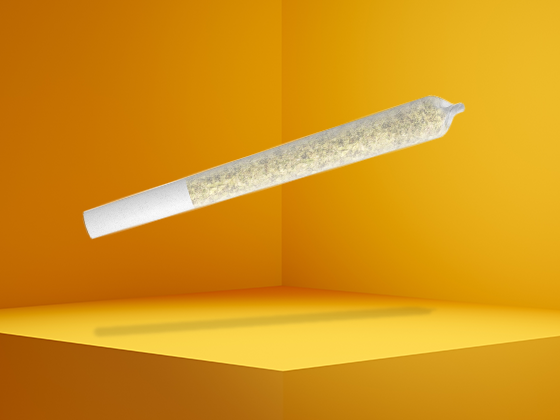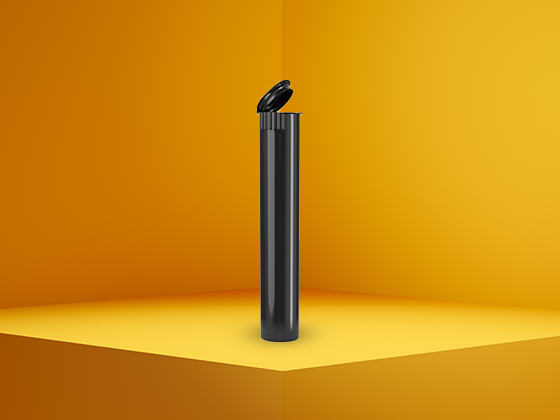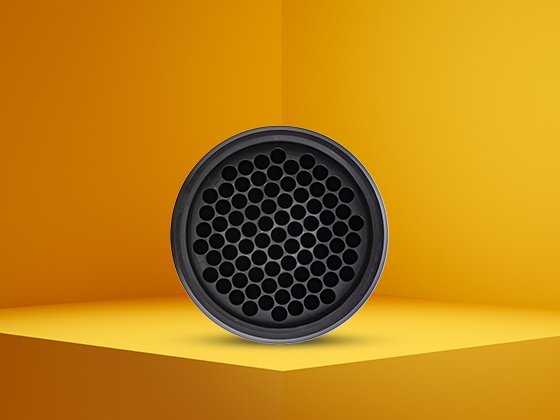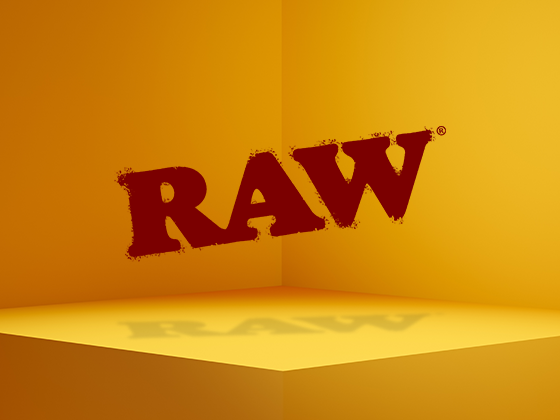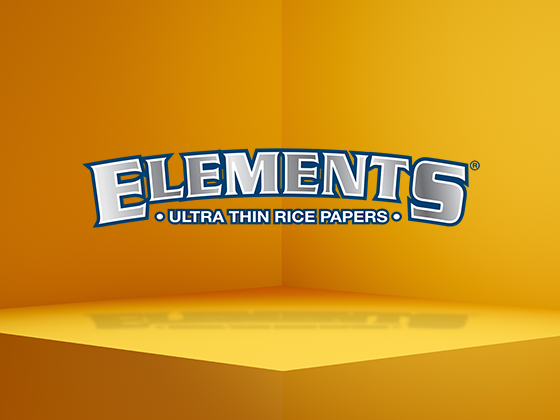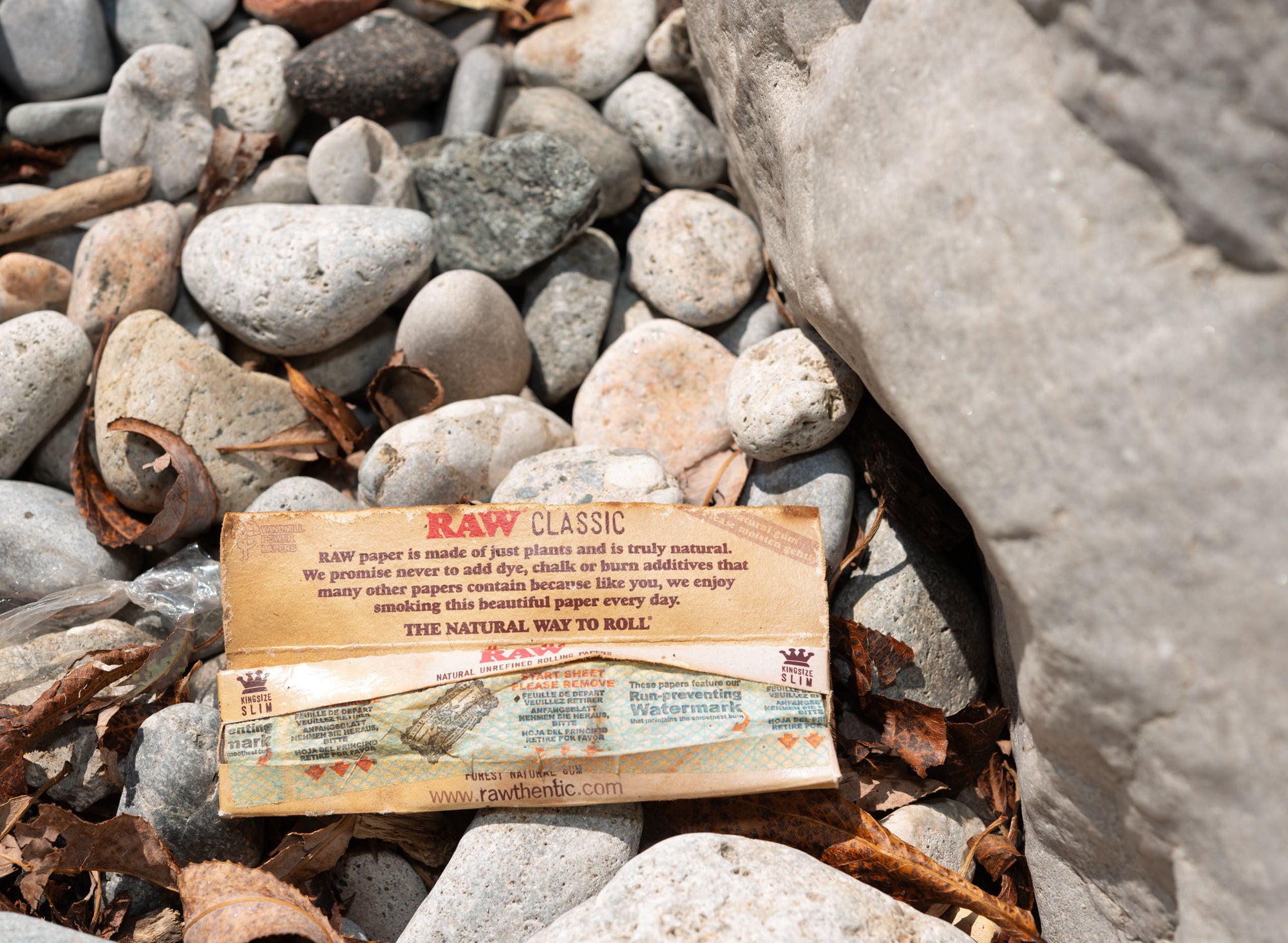Table of Contents
Are RAW Organic Papers Safe? Exploring the Ethylene Oxide Controversy
The cannabis and tobacco accessory market has seen significant growth in recent years, with RAW rolling papers emerging as one of the most popular brands among consumers. Known for their unbleached, natural appearance and marketing claims of organic materials, RAW papers have developed a loyal following. However, recent controversies surrounding ethylene oxide in RAW papers have raised questions about their safety and organic status.
Understanding RAW Organic Papers: Composition and Claims
RAW organic papers are marketed as all-natural rolling papers made from unbleached plant fibers. According to the brand, these papers are created using organic hemp and processed without chlorine bleach or other chemicals typically found in conventional rolling papers. This natural approach has been a key selling point for health-conscious consumers looking to avoid potentially harmful additives.
The composition of RAW papers typically includes:
- Unrefined hemp fibers
- Natural plant gum (typically Arabic gum) as an adhesive
- No added chemicals or dyes
As explained in this comprehensive guide to RAW papers, the brand has built its reputation on these natural credentials and transparent manufacturing processes.
The Ethylene Oxide Controversy: What You Need to Know
Despite RAW's claims of organic and natural production, concerns have emerged regarding the potential presence of ethylene oxide in their papers. Ethylene oxide is a gas used for sterilization in many industries, including medical equipment and some food products. It's classified as a carcinogen by multiple health organizations, including the International Agency for Research on Cancer.
The controversy stems from allegations that RAW papers might undergo ethylene oxide sterilization to eliminate microbial contamination before packaging. If true, this would contradict the brand's organic claims, as ethylene oxide sterilization is not permitted in certified organic products in many jurisdictions.
Industry Response and Testing
In response to these concerns, many consumers have begun exploring different types of RAW papers or alternatives altogether. RAW has publicly denied using ethylene oxide in their manufacturing process, but the controversy has prompted increased scrutiny of rolling paper production methods industry-wide.
Testing Standards and Regulatory Oversight
One challenge in addressing these concerns is the limited regulatory oversight of rolling paper production. Unlike food or pharmaceutical products, rolling papers often fall into regulatory gray areas with minimal testing requirements.
Some third-party testing has been conducted on various rolling paper brands, including RAW, with mixed results. These tests typically look for:
- Heavy metals
- Pesticide residues
- Chemical additives
- Potential carcinogens
For consumers concerned about potential contaminants, looking for papers that undergo third-party testing and publish their results can provide additional peace of mind. Some enthusiasts have also turned to our selection of OCB cones as an alternative, which many users find to be manufactured with rigorous quality control standards.
Alternatives to RAW Papers for Health-Conscious Consumers
For those concerned about the ethylene oxide controversy surrounding RAW papers, several alternatives exist in the market:
Other Organic and Natural Options
Several brands offer unbleached, natural rolling papers that compete directly with RAW organic papers. These include OCB Organic, Elements, and Pure Hemp, among others. Each has its own manufacturing processes and quality control standards.
As detailed in this analysis of RAW Black papers, even within the RAW family, different product lines may use varying production methods and materials.
Pre-Rolled Cones
Pre-rolled cones eliminate the need for rolling skills and often come from the same manufacturers as flat papers. Many consumers find that RAW cones provide the same experience as the flat papers but in a more convenient format. These products are subject to the same considerations regarding materials and processing.
Alternative Consumption Methods
Some consumers have moved away from combustion entirely, opting for vaporizers or edibles to avoid any potential issues with rolling papers. This approach eliminates concerns about paper composition altogether.
Making Informed Choices: Balancing Tradition and Safety
The ethylene oxide controversy highlights the importance of transparency in manufacturing processes for cannabis accessories. While definitive evidence regarding ethylene oxide in RAW papers remains limited, the controversy has sparked important conversations about safety standards in the industry.
For consumers looking to make informed choices:
- Research brands that provide detailed information about their manufacturing processes
- Look for third-party testing results when available
- Consider papers that have organic certification from reputable organizations
- Explore different rolling techniques that might reduce paper consumption
As the industry evolves, increased consumer demand for transparency will likely drive more rigorous testing and clearer labeling practices. Until then, staying informed about potential concerns and exploring various options remains the best approach for health-conscious consumers.
Whether you choose to continue using RAW organic papers or explore alternatives like those available through specialized retailers, understanding the manufacturing processes behind your smoking accessories empowers you to make choices aligned with your personal health priorities and values.

